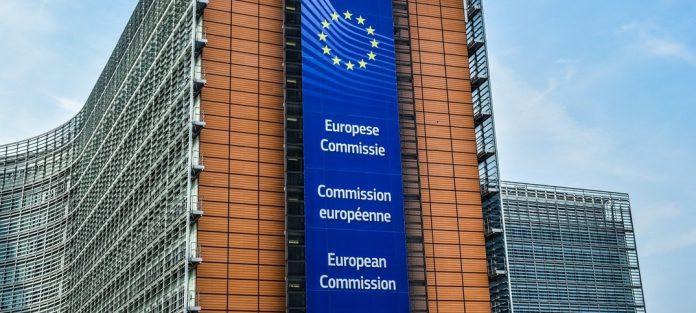The Commission encourages Member States to make full use of the existing possibilities to support the circular economy and will treat such cases as a priority.
The European Commission adopted a new State aid framework accompanying the Clean Industrial Deal (CISAF) to help Member States support the development of clean energy, industrial decarbonisation and clean technology. Contrary to the call [1] of FEAD and other stakeholders, circular economy measures have not been included in this new State aid framework. Instead, the CISAF states that measures supporting the circular economy, may already be granted under existing frameworks. This includes the General Block Exemption Regulation the Guidelines on State aid for Climate, Environmental protection and Energy (CEEAG). The Commission encourages Member States to make full use of the existing possibilities to reach the common goals of the Clean Industrial Deal and will treat such cases as a priority.
Earlier this month, at the 17 June Environment Council, the Commission presented [2] to Member States the key challenges that are undermining the recycling sectors’ competitiveness and long-term viability. On the occasion, the Commission also invited Member States to take measures that would support the sector in overcoming the current economic conjecture while driving circularity upwards. Among others, state aid measures.
FEAD joins the Commission’s encouragement to Member States to use all available tools to support the waste management industry in the EU, not only by supporting investments in European recycling capacities, but also by preserving existing recycling capacities at the edge of collapse. Recycled materials remain more expensive than virgin ones due to lower raw material prices and unfair competition from imports with lower environmental standards. To bridge the price gap between virgin/new and recycled materials, Member States must support existing installations by providing temporary exploitation subsidies until EU recycled content targets kick in and/or the market for recyclates has become a sustainable business model. This must be organised short term to save the current recycling infrastructure in Europe.
Paolo Campanella, Secretary General of FEAD noted: „The current State aid is unfortunately not sufficient. Even though the ambition of the Clean Industrial Deal is to make the EU the world leader on circular economy by 2030, the recycling industry in the EU is under serious economic pressure for several reasons, including high energy costs. We therefore deeply regret that the CISAF is once again limiting the options for temporary electricity price reliefs to energy-intensive industries as already foreseen in the CEEAG. Manufacturing industries covered by such electricity price relief options can benefit from reduced energy levies while the recycling industry producing recycled materials for manufacturing are excluded.“
Source: FEAD









